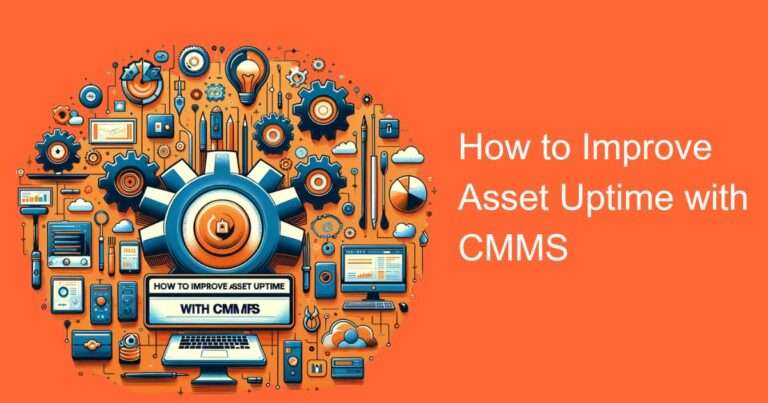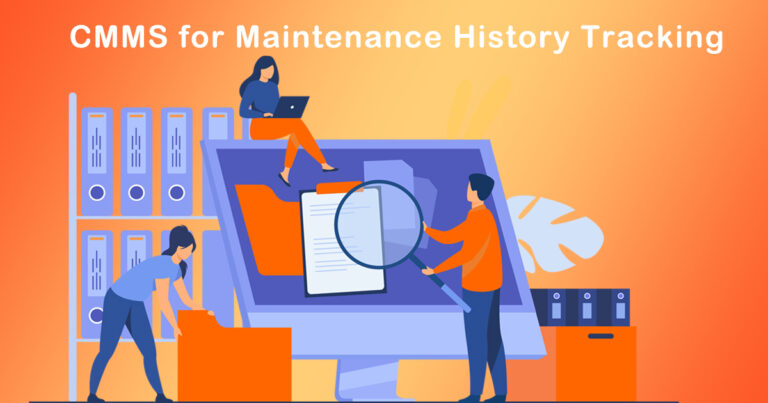Introduction
In today’s fast-paced pharmaceutical industry, optimizing operational efficiency and ensuring regulatory compliance are critical for success. This is where Computerized Maintenance Management Systems (CMMS) come into play. CMMS is a powerful tool that has revolutionized maintenance management in the pharma sector. In this article, we will explore the vital role of CMMS in the Indian pharmaceutical industry and shed light on its numerous benefits.
1. Streamlining Preventive Maintenance
One of the primary functions of CMMS is to streamline preventive maintenance activities. In the pharma industry, equipment downtime can lead to production delays and significant financial losses. By implementing a CMMS, pharmaceutical companies can schedule and track preventive maintenance tasks, such as equipment inspections and calibrations. This proactive approach helps identify potential issues before they escalate, minimizing unplanned downtime and maximizing equipment availability.
2. Regulatory Compliance
Compliance with regulatory standards is of utmost importance in the pharmaceutical industry. CMMS plays a crucial role in ensuring compliance by providing robust documentation and audit trails. In India, organizations must adhere to regulations set by authorities like the Central Drugs Standard Control Organization (CDSCO) and the Good Manufacturing Practice (GMP) guidelines. A CMMS helps track and record maintenance activities, equipment history, calibration data, and validation documentation, simplifying the compliance process and facilitating inspections.
3. Inventory Management and Tracking
Efficient inventory management is vital in pharmaceutical manufacturing to prevent stockouts, reduce costs, and minimize waste. CMMS provides accurate and real-time data on spare parts inventory, allowing organizations to track usage, monitor stock levels, and automate reordering. With a CMMS, Indian pharma companies can optimize inventory control, ensuring the availability of critical spare parts when needed, without overstocking or tying up excess capital.
4. Asset Performance Monitoring
CMMS enables pharmaceutical companies to monitor asset performance and identify patterns of equipment failure or suboptimal performance. By analyzing historical data and utilizing predictive maintenance techniques, companies can schedule maintenance activities based on the actual condition of the assets. This approach helps reduce reactive maintenance, extend equipment lifespan, and improve overall operational efficiency. Furthermore, CMMS facilitates the integration of IoT sensors, enabling real-time monitoring of equipment parameters and generating alerts when abnormalities are detected.
5. Data-Driven Decision Making
With the vast amount of data generated by CMMS, pharmaceutical organizations can make informed decisions based on reliable insights. CMMS analytics provide valuable metrics and reports on maintenance costs, equipment downtime, asset reliability, and other key performance indicators. By leveraging this data, Indian pharma companies can identify areas for improvement, optimize maintenance strategies, and allocate resources effectively. Moreover, CMMS data can be integrated with other enterprise systems, such as Enterprise Resource Planning (ERP) software, enhancing operational visibility and efficiency.
Conclusion
In the dynamic and highly regulated environment of the Indian pharmaceutical industry, CMMS offers significant advantages. From streamlining preventive maintenance to ensuring regulatory compliance and enabling data-driven decision making, CMMS has become an indispensable tool. By implementing CMMS solutions, pharmaceutical companies in India can enhance operational efficiency, minimize downtime, reduce costs, and maintain the highest standards of quality. Embracing CMMS is a strategic investment that positions Indian pharma organizations for success in a competitive landscape.








